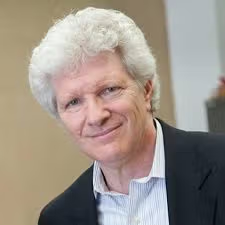At the 2025 American Psychiatric Association (APA) Annual Meeting, Dr. Jeffrey Newcorn, a leading figure in psychopharmacology, addressed the differences between adult and pediatric ADHD diagnoses. During a conversation with Dr. John J. Miller, Editor in Chief of Psychiatric Times, Dr. Newcorn highlighted a notable increase in adults seeking treatment for ADHD compared to past decades. In the 1990s, the focus was primarily on children, but now about 15.5 million adults in the U.S. hold a current ADHD diagnosis, representing approximately 6% of the adult population.
Dr. Newcorn identified key distinctions in how ADHD presents in adults versus children. Adult patients typically seek help voluntarily, motivated by personal impairments related to attention and executive function. In contrast, children often receive treatment driven by parental concern over behavioral issues. This shift in motivation impacts the therapeutic approach, as adults are more likely to engage actively in their treatment plans.
The demographics of ADHD also differ between age groups. While boys are more frequently diagnosed with ADHD in childhood, adult diagnoses show a more balanced sex ratio between men and women. Understanding these differences is vital for developing effective treatment strategies tailored to adults.
Dr. Newcorn emphasized the importance of identifying specific areas of functioning that require improvement. Clinicians should focus on a patient’s medical history, the presence of comorbid conditions like obesity or cardiovascular risk, and substance use issues, including the misuse of stimulants, which is more prevalent in late adolescence and early adulthood. Structured therapeutic interventions have shown promise for adolescents and young adults struggling with ADHD alongside substance use disorders.
Dr. Newcorn is a professor of psychiatry and pediatrics at the Icahn School of Medicine at Mount Sinai and serves as the director of the Division of ADHD and Learning Disorders. His expertise reflects the growing recognition of adult ADHD as a critical area in mental health treatment, necessitating refined approaches to diagnosis and intervention to meet the needs of this population effectively.



